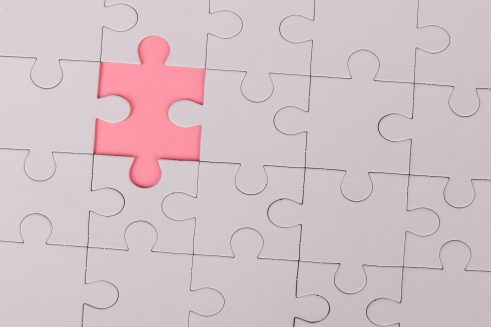Last year as part of a degree in Fine Art I wrote a dissertation. I chose to use the knowledge and experience I’ve gained whilst working as a Social Media Manager alongside my creative practice, and wrote specifically about how artists from marginalised backgrounds use social media to create work and connect with audiences. I have always found social media to be an exciting tool that can have huge positive impact on individuals, communities and of course non-profit organisations, when used in the right way.
Like many people, I have been working from home since late March. I’ve been socialising online, doing yoga via YouTube, with weekend Voguing classes and socials via Zoom. The latter has kept me connected to a community, something which as a queer person, has been a lifeline to me. It has been an incredibly difficult time, but through work I am grateful that I am able to do my small part to help others: using social media to make sure our grants reach those most in need and those we may be able to help within the dance industry- an industry which has been hit so hard, but continues to show such strength.
It is difficult to reflect on how we cope with extreme circumstances when we are in the midst of them, but looking back on the past twelve weeks, there are some thoughts I would like to share that have helped me to focus, and maintain good online health. I doubt I can say anything that has not already been said, but more than ever I feel that communication and the sharing of collective knowledge and resources can be world-changing. Even if it’s on a small scale.
Our relationship to social media changes rapidly, but it needn’t be all or nothing.
I’ve seen both the pros and cons of social media exacerbated over these past weeks. At worst, it can be overwhelming, divisive, untrustworthy. At best, remember that it is a valuable tool that we ultimately can have a lot of personal control over.
There are many ways to control your social media intake, using free and accessible tools.
A piece of advice I often see online is ‘limit your social media consumption.’ Social media workers are not able to do this easily! However, there are tips and tools I have found through work that have helped me personally, which are worth sharing to others who may want to have more control over their own personal accounts:
- tweetdeck is a great free tool you can use to curate how much you see on Twitter. You can choose exactly which hashtags you want to stay on top of, and which you don’t, and hide your main timeline feed.
- Don’t forget the power of the ‘Mute’ tool (which stops you seeing tweets with certain words you may find distressing), and you can also group who you follow into lists- one for friends, one for news, one for communities and interests, etc. Take a look around your Twitter settings, and familiarise yourself with the sharing options available.
- Spring-clean your follower list. Do you really need to follow 1000 people on your personal instagram page? That’s a lot of content. Some of them may be out of action, some may just be accounts you no longer have an interest in.
- Make use of the ‘Personal Friends’ function on instagram Stories. If you worry about oversharing, you can just share your more personal thoughts to those closest to you, rather than your whole follower list. And at this time, it may be important to you to share and express how you are feeling. But you can choose who you share to. (Go to a followers’ page, tap ‘following’ and select ‘Add to close friends list’ from the dropdown menu. Repeat as desired.)
- Later.com is another free tool that you can use to schedule your content to instagram. If you run a small business, or are a creative professional feeling the pressure to post regular content, try scheduling. You can plan weeks or even months ahead, and just set the time you would like it to go out. This might help you stop feeling tied to your device.
Remember that social media is not a replacement for human connection…but it can however fill in some gaps.
One day, everything that is happening online right now won’t just be old content- it will be a collective document of how we coped, our highs and lows: a shared record of how we chose to move forward into a new, hopefully better, world.
Social media will likely be a part of that world, and our relationship to it will continue to change, but when we arrive there, I am certain human connection will mean more to us than ever.






